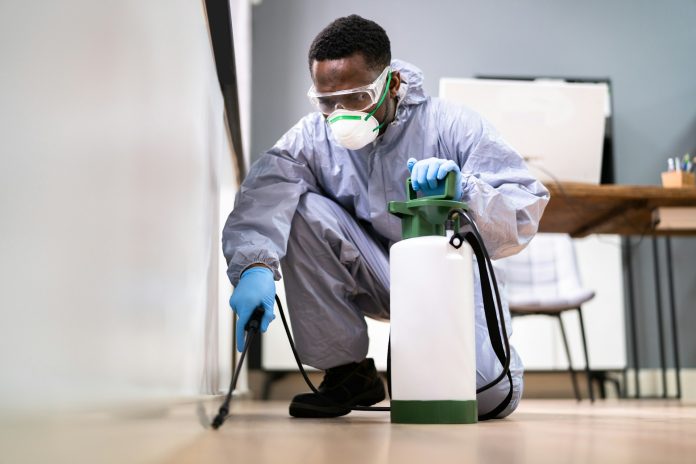Pest control is essential for effective property management, but it has undergone a significant transformation in recent years. Gone are the days of generic chemical treatments and reactive measures. Today’s modern pest control strategies are more efficient, tailored to individual property needs, and focused on long-term sustainability. These new approaches not only protect property but also improve the overall management of the property itself. This blog explores how modern pest control methods are enhancing property management practices.
Customised Solutions for Each Property
One of the biggest advantages of modern pest control is the ability to tailor treatments to the specific needs of a property. Each property is unique in terms of its size, structure, and environment, which means pest control solutions must be customized accordingly. Property managers can now work closely with pest control experts to design a plan that addresses potential risks specific to the property’s location and architecture. Whether it’s a high-rise building, a commercial complex, or a suburban home, bespoke pest control strategies ensure that interventions are both effective and cost-efficient. For example, property managers can work with companies like ThermoPest to implement advanced pest control solutions tailored to their property’s specific needs, ensuring a pest-free environment with minimal disruption.
Use of Biological Controls
While chemical pesticides were once the primary method for eliminating pests, biological controls are becoming an increasingly popular alternative. Biological pest control involves using natural predators or pathogens to target pest populations. For example, introducing predatory insects or beneficial nematodes can help control pests without causing harm to the environment or other wildlife. This method offers a more sustainable and natural approach to pest control, which aligns with the growing demand for eco-conscious management in both residential and commercial properties.
Streamlined Pest Control Services
Property managers no longer have to rely on sporadic visits from pest control providers. With the advent of integrated pest control systems, services can be streamlined to operate on a schedule. Many companies now offer real-time monitoring and continuous pest management, allowing property managers to access up-to-date reports and track pest activity remotely. These systems often use internet-connected devices that send alerts about pest activity or treatment needs, making the entire process more transparent and less time-consuming. The ability to monitor pest activity in real-time reduces downtime and helps prevent potential infestations from becoming serious problems.
Integration with Building Design and Landscaping
Modern pest control methods are moving beyond just treating infestations. There is an increased focus on integrating pest prevention into building design and landscaping. By incorporating pest-repellent materials or strategically placing pest traps within the building’s architecture, property managers can prevent problems before they start. Landscaping strategies also play a role; for instance, the use of certain plants can repel pests naturally, creating a proactive barrier against common intruders like mosquitoes or rodents. By incorporating pest control into the overall property design, managers can reduce the need for ongoing intervention.
Minimising Disruption to Tenants
Today’s pest control treatments are designed to be minimally disruptive to residents or tenants. Many modern methods, such as heat treatments or non-toxic sprays, are quick, effective, and leave no lasting odour or mess. This approach ensures that pest control is carried out without causing significant disruption to daily activities, which is crucial in properties with multiple tenants or high occupancy rates. The ability to manage pest issues efficiently without disturbing residents contributes significantly to tenant satisfaction and helps avoid complaints or negative reviews.
Enhanced Compliance and Reporting
With increased focus on health and safety, property managers must ensure that their pest control practices comply with all relevant regulations. Modern pest control services offer detailed documentation and reporting to help property managers meet these requirements. Whether it’s maintaining records for regulatory bodies or providing evidence of non-toxic treatments for tenants, these reports ensure that properties are in compliance with local, state, and national standards. The increased emphasis on transparency and accountability in pest control provides property managers with an added layer of security, helping them avoid potential legal or financial issues.
Conclusion
The evolution of pest control methods has significantly impacted property management, providing more efficient, environmentally friendly, and tenant-focused solutions. From customised strategies and biological controls to streamlined services and proactive design integration, modern pest control is helping property managers maintain safe, pest-free environments with minimal disruption. By embracing these advanced methods, property managers safeguard their properties and improve operational efficiency and tenant satisfaction.



 Bitcoin
Bitcoin  Ethereum
Ethereum  Tether
Tether  XRP
XRP  Solana
Solana  USDC
USDC  Cardano
Cardano  TRON
TRON  Lido Staked Ether
Lido Staked Ether  Avalanche
Avalanche  Toncoin
Toncoin